In mid-March, we had the opportunity to return to Rao Tre village, where 46 households/156 people of the Chut ethnic group live.
Through observation, from the beginning of the village, we felt that the lives of the people had changed a lot compared to before. The traffic axis was expanded, and the gardens of many households were covered with green fruit trees. In the fields stretching in front of the village, people had weeded and replanted rice. The Border Guard Working Group of Rao Tre village was located in the center of the village, with a combined military and civilian medical clinic, a community center, and a playground for children that had been invested in basic construction.
Welcoming us at the unit gate, Major of the National Defense Forces, Doctor Nguyen Duc Long (Border Guard Working Group of Rao Tre village) asked: "It's been a long time since you've visited the villagers, do you see much change in the village?" Then Mr. Long answered himself as if boasting to us: "The villagers have become more proactive in their work, and know how to take care of their lives more. The brothers in the working group mainly orient the necessary work, so that the people's lives will be better and better."
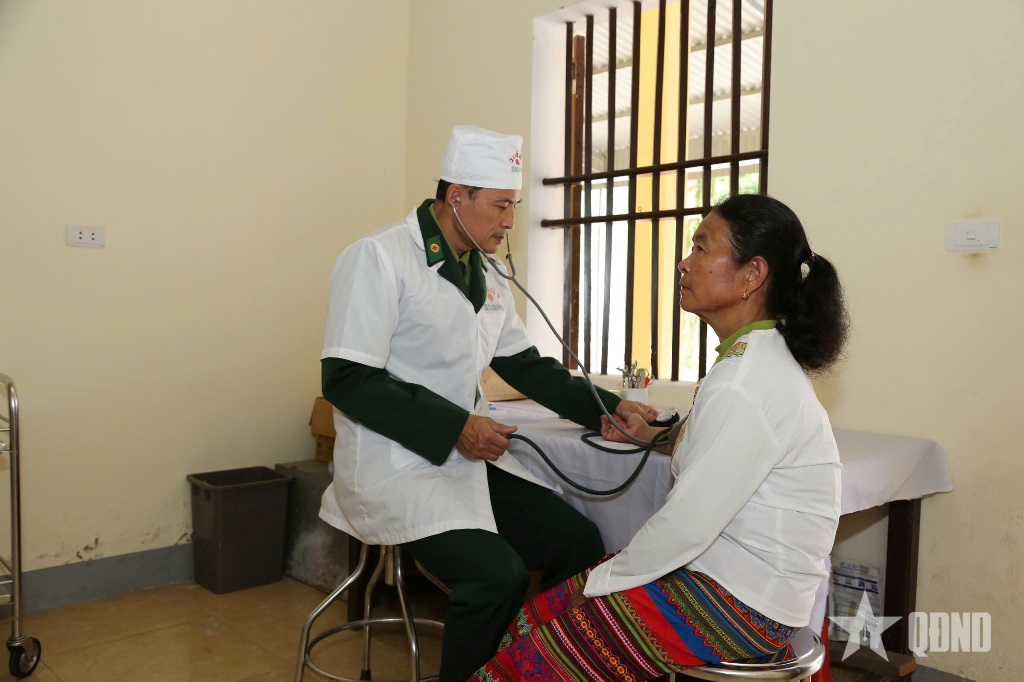 |
| Major of the National Defense Forces, doctor Nguyen Duc Long examines people. |
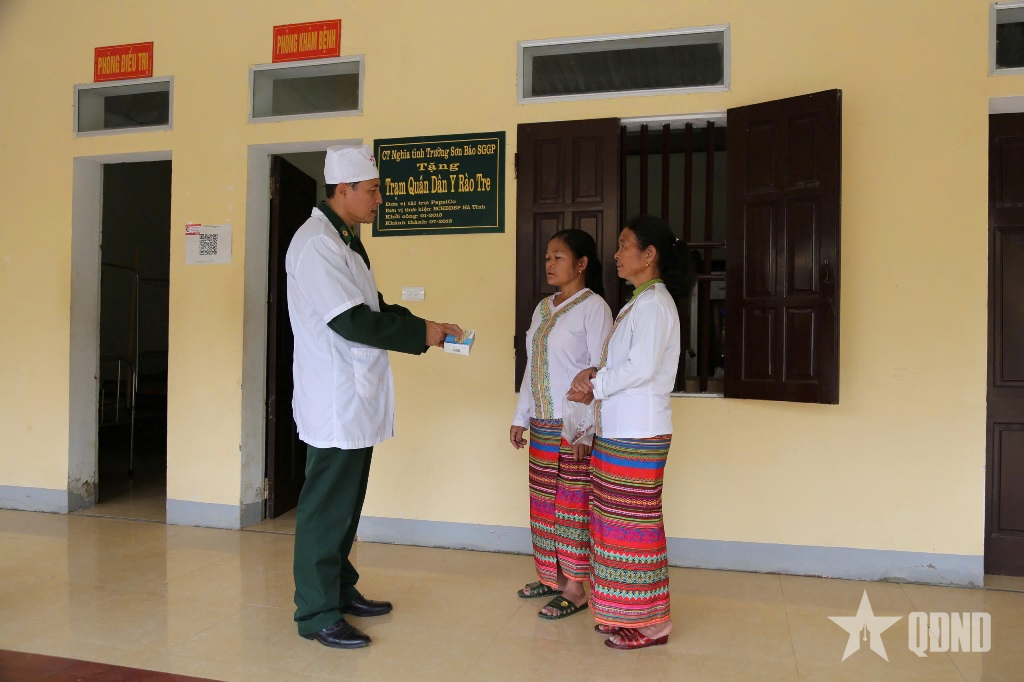 |
| Border medical officers instruct people on how to use medicine. |
Then the story of the Border Guard soldier helped us understand more about the Chut people.
Previously, they lived mainly in caves, in the middle of vast old forests, maintaining their lives by hunting and gathering, so they faced diseases and the risk of species decline. Later, the local government and the Border Guard discovered and brought the Chut people out of the old forests, to live in Rao Tre, and organized to guide them on production methods, animal husbandry, and change their lifestyle. In 2001, the Border Guard Command of Ha Tinh province established the Rao Tre village working group (Ban Giang Border Guard Station), with the direct task of helping people build and stabilize their lives.
Lieutenant Colonel Nguyen Van Thien, Head of the Border Guard Working Group of Rao Tre village, recalled that at that time, from the elderly to the children, the Chut ethnic people were illiterate, only a few knew the common language. Even the people were not familiar with bathing, personal hygiene, eating cooked food and drinking boiled water. Then the soldiers selected Chut ethnic households who knew the common language, guided them to proactively arrange their living and family activities, and from there advised and encouraged the people in the village to follow suit.
Over time, the villagers became more confident in their communication and trusted the words and instructions of the border guards. Once they gained the trust of the villagers, the border guards in the Rao Tre village working group thought about further things, such as eliminating bad customs and eliminating poverty. Every day, they guided the villagers in reclaiming land to grow rice; at night, they became teachers to teach literacy classes for the villagers. Gradually, most of the villagers knew the common language, could read and write.
 |
| Border guards of Rao Tre village help people grow rice. |
Determined to help Rao Tre gradually escape poverty and backwardness, the Border Guard Command of Ha Tinh province mobilized funds to build a combined military and civilian medical clinic, and mobilized qualified and enthusiastic doctors to take care of people's health.
Along with daily medical examinations and treatments, military medical staff in Rao Tre have consulted and coordinated with local health agencies to effectively implement the vaccination program for children. The army also propagated and mobilized people to gradually push back child marriage and incestuous marriage, improving population quality.
After decades, with the dedication of many generations of officers and soldiers of the Border Guard of Ha Tinh province, the life of the Chut people in Rao Tre has improved. Therefore, when asked, Ms. Ho Thi Nam (Rao Tre village) shared: “After many years of being guided by the Border Guard, we have learned to grow wet rice and are self-sufficient in most of our food. Many healthy young people have left the village to work far away, earning money to take care of their children's education. The village has changed and life has become better thanks to the help of the Border Guard.”
Article and photos: HIEU AN






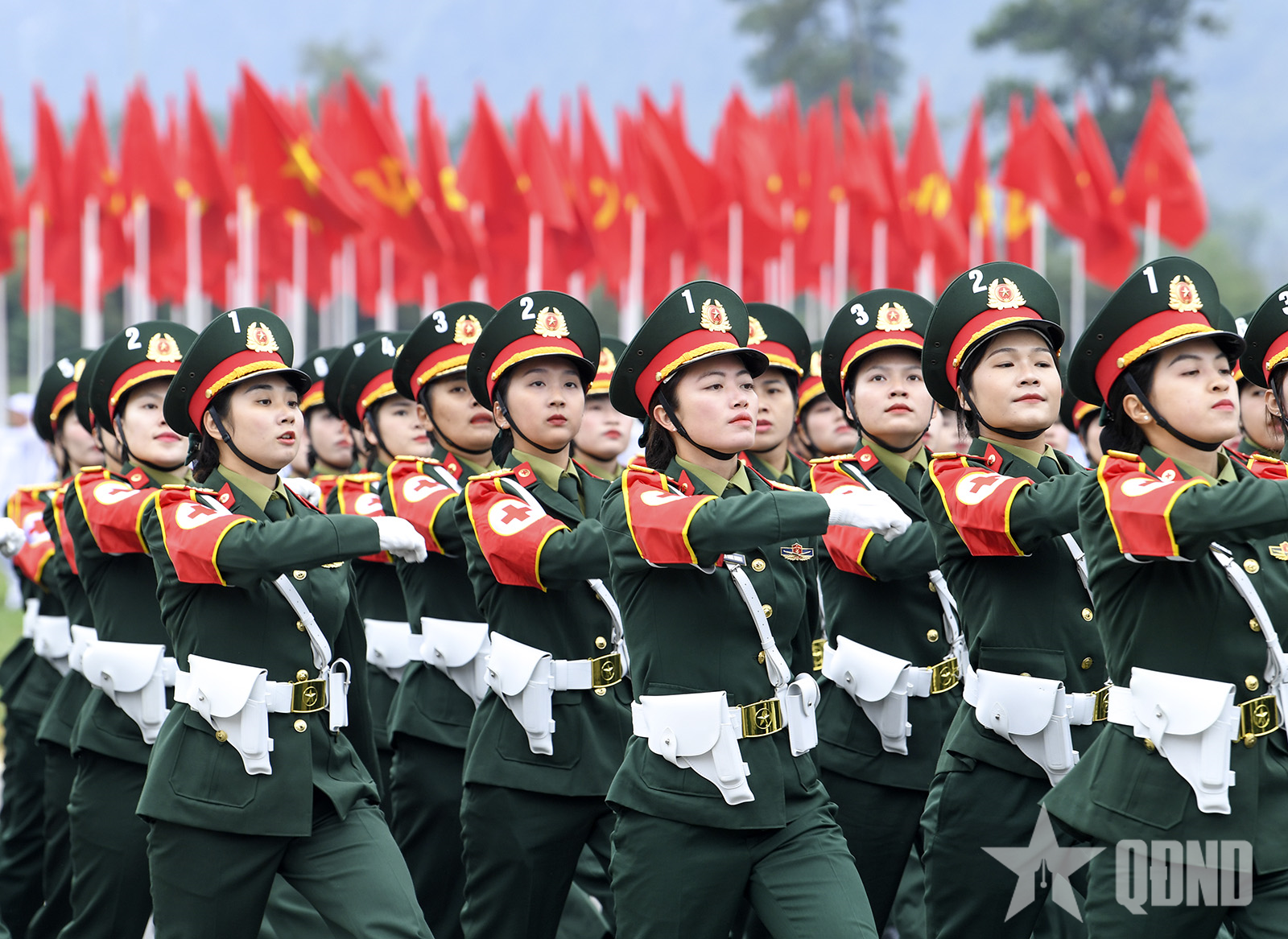


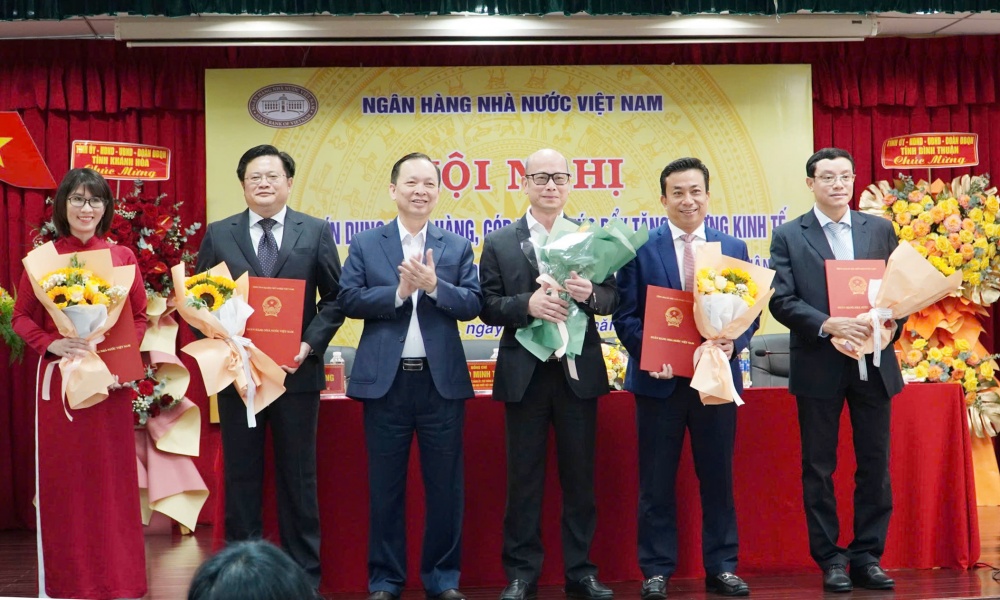

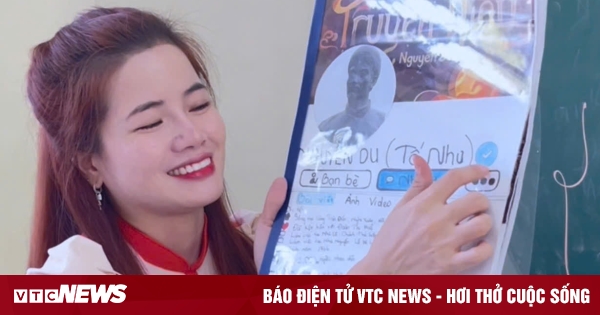

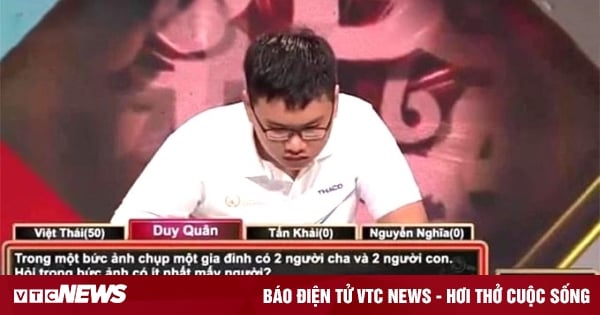

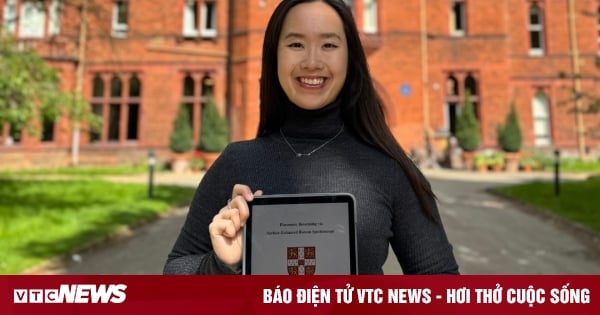
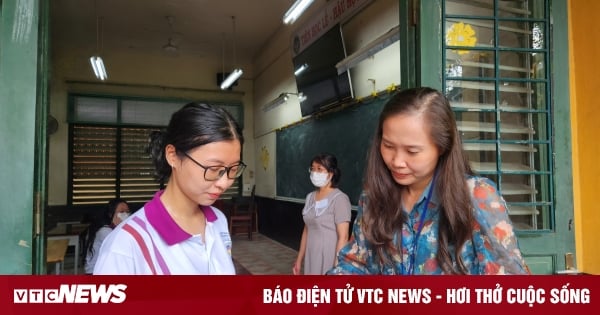












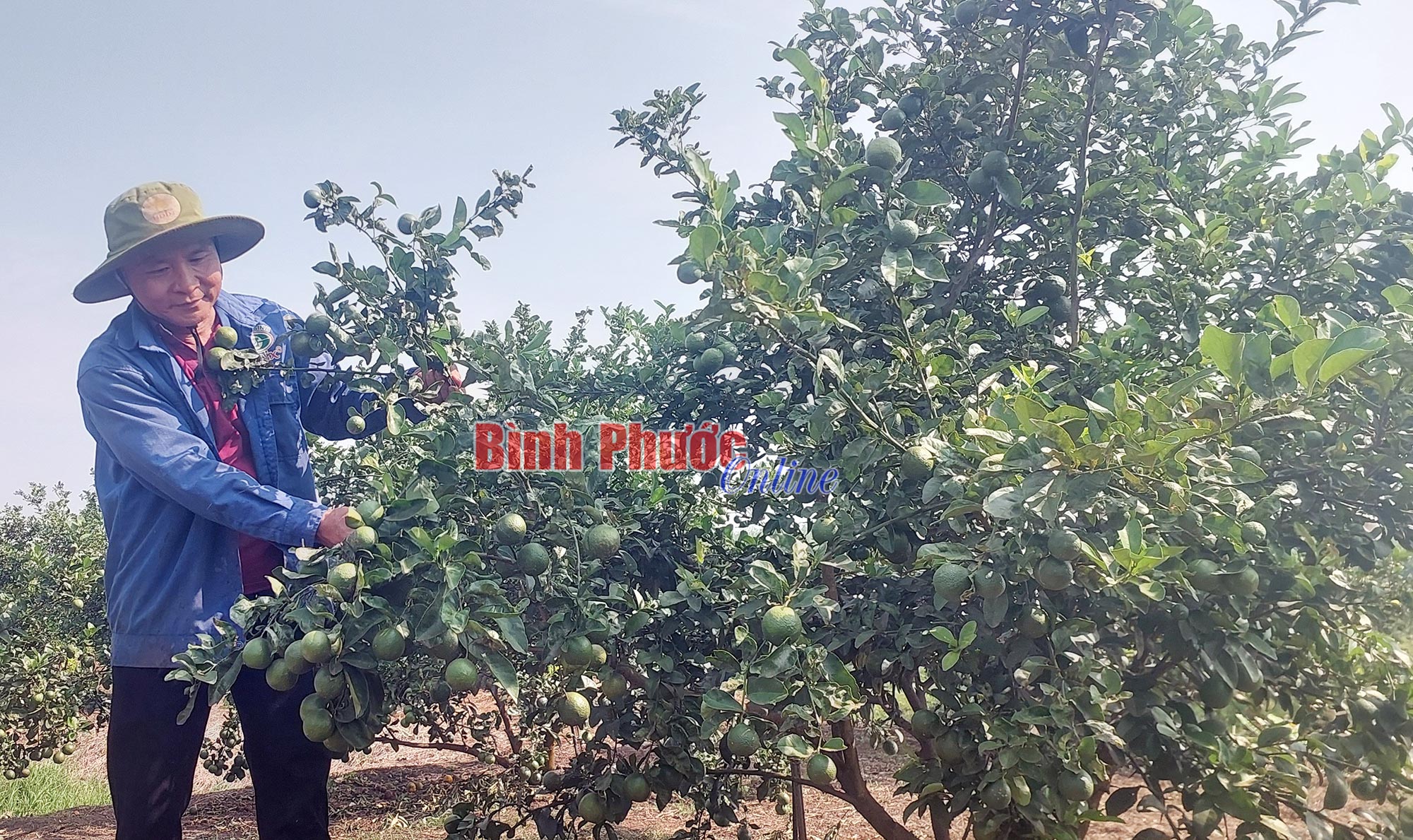

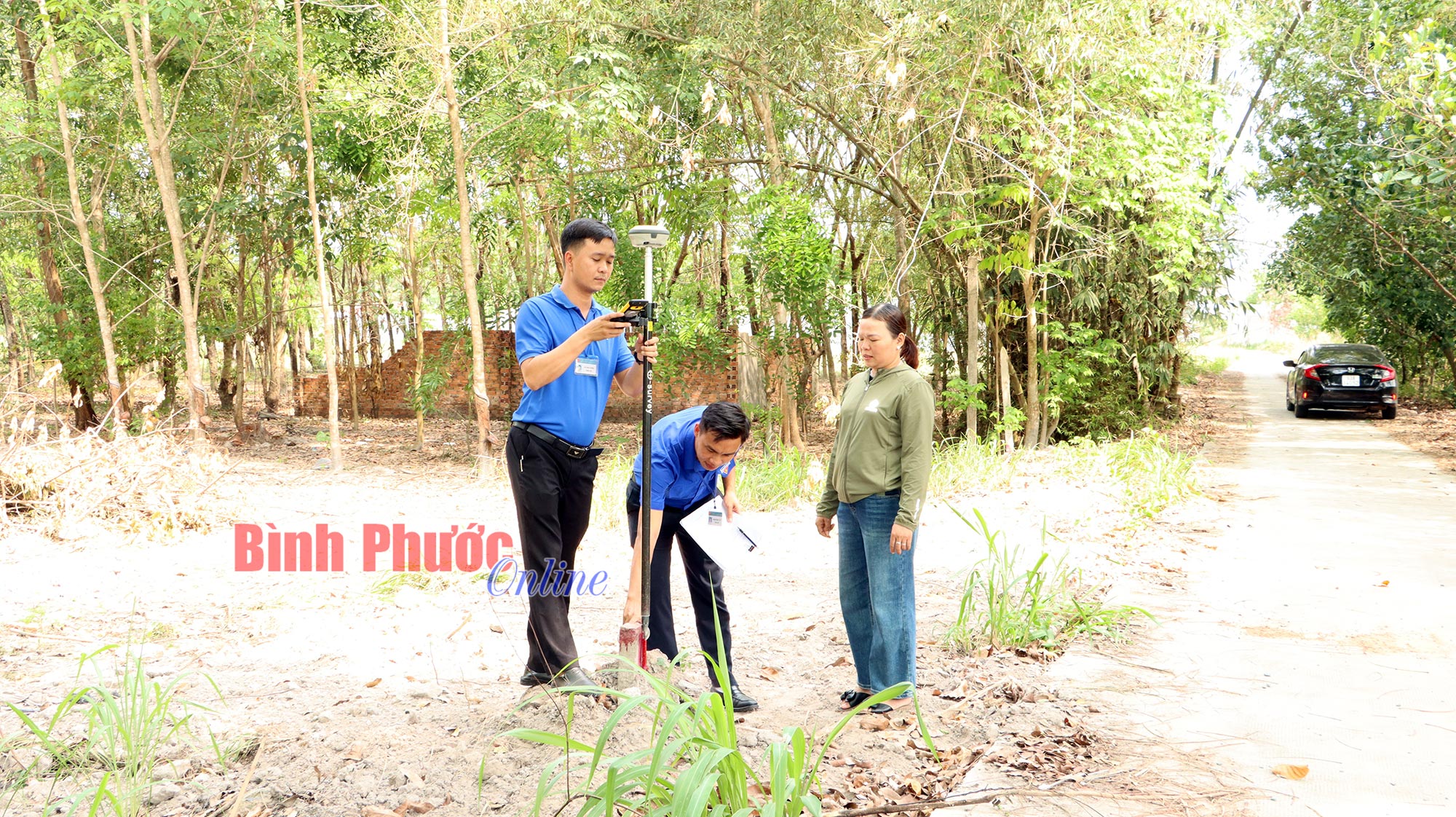
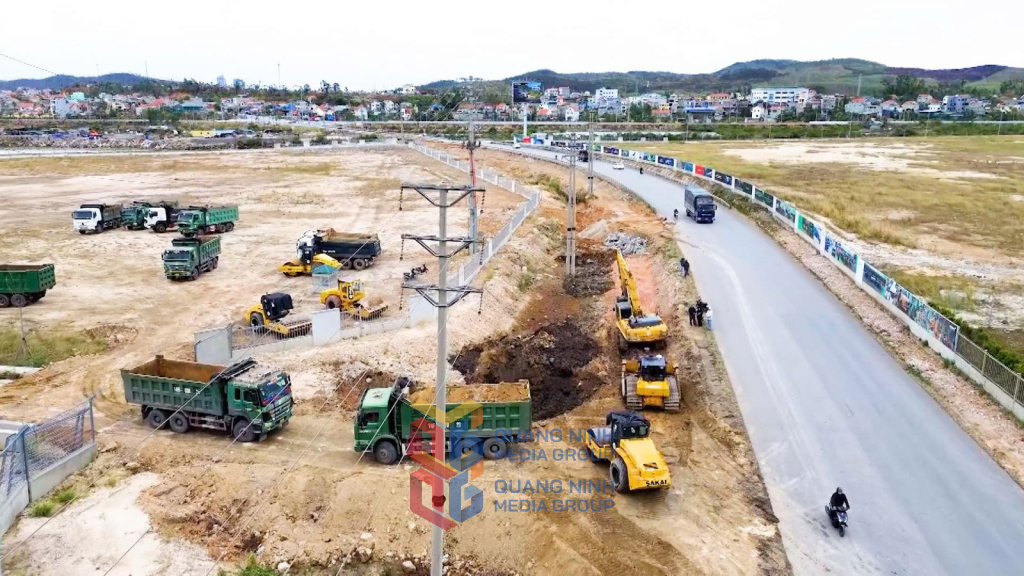
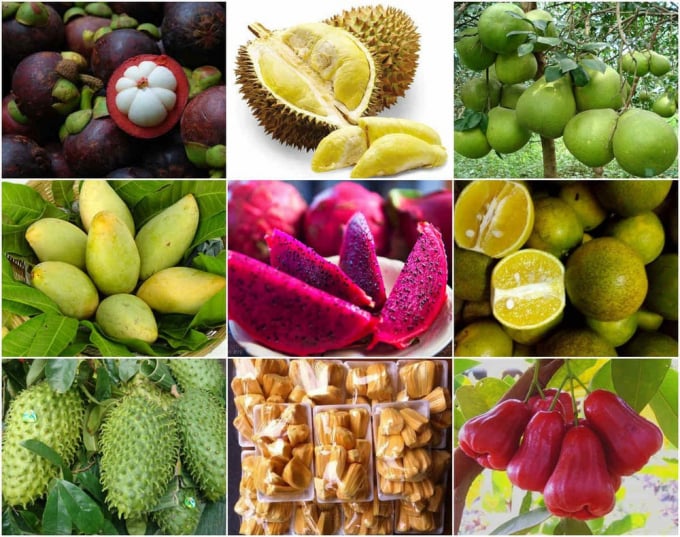


Comment (0)